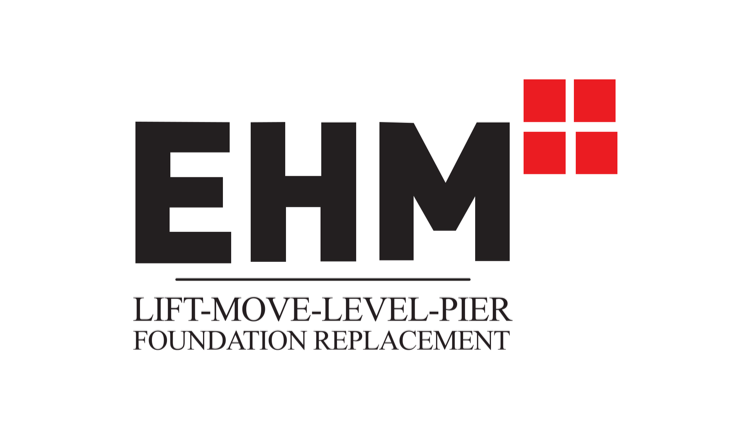
Get matched with top structural engineers in Rock Island, IL
Enter your zip and get matched with up to 5 pros
Need a pro for your structural engineering project in Rock Island, IL?
Verified Reviews for Structural Engineering pros in Rock Island, IL
*The Angi rating for Structural Engineering companies in Rock Island, IL is a rating based on verified reviews from our community of homeowners who have used these pros to meet their Structural Engineering needs.
*The HomeAdvisor rating for Structural Engineering companies in Rock Island, IL is a rating based on verified reviews from our community of homeowners who have used these pros to meet their Structural Engineering needs.
Last update on January 02, 2026
Find Structural engineers in Rock Island
Ryan & Associates
Ryan & Associates
Additional email - [email protected].
Additional email - [email protected].

Bix Basement Systems
Bix Basement Systems
Bix Services is a full service basement, foundation and crawl space repair company with access to more than 28 patented products by Basement Systems, Inc. and Foundation Supportworks, Inc.
Bix Services is a full service basement, foundation and crawl space repair company with access to more than 28 patented products by Basement Systems, Inc. and Foundation Supportworks, Inc.

EHM
EHM
EHM is a structural moving and elevating company that also specializes in foundation repair and replacement. We have been working in the Midwest since the Great Floods of 1993. We specialize in severely comprised foundation issues. We can elevate, level, pier or replace a wall or your entire foundation. We do not do mudjacking, waterproofing or minor crack repair.
"I did not get the service that we originally talked about I am very unhappy"
Donna S on August 2021
EHM is a structural moving and elevating company that also specializes in foundation repair and replacement. We have been working in the Midwest since the Great Floods of 1993. We specialize in severely comprised foundation issues. We can elevate, level, pier or replace a wall or your entire foundation. We do not do mudjacking, waterproofing or minor crack repair.
"I did not get the service that we originally talked about I am very unhappy"
Donna S on August 2021
The Rock Island, IL homeowners’ guide to structural engineering services
From average costs to expert advice, get all the answers you need to get your job done.

Looking to expand your ceiling and send claustrophobia running for the hills? This guide covers the cost to vault a ceiling and factors that impact estimates.

The cost of a structural engineer is easily justifiable given the value they bring to the table. Use this guide to see what hiring your professional will total in St. Louis, MO.

The cost of a structural engineer is easily justifiable given the value they bring to the table. Use this guide to see what hiring your professional will total in Atlanta, GA.

Learn why it might be a good idea to hire a structural engineer for a home inspection in addition to a general home inspector when you’re purchasing a home.

The right ceiling joist spacing will help support your ceiling and prevent sagging, but there are a number of factors to consider. This guide can help.

Do you have a load-bearing wall standing between you and your projects that you want to remove? Learn about the cost of removing a load-bearing wall.
- 🌱 "Mow a small front yard"
- 🛠 "Fix a leaking pipe under the sink"
- 🏠 "Repair shingles on an asphalt roof"

